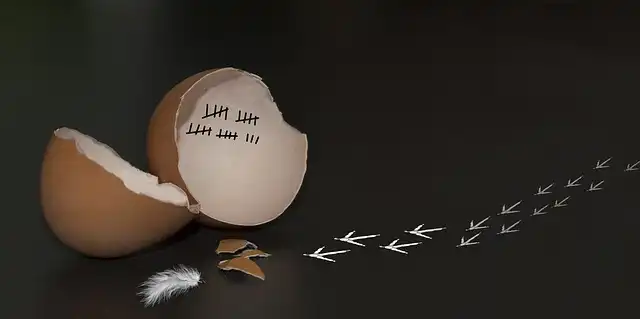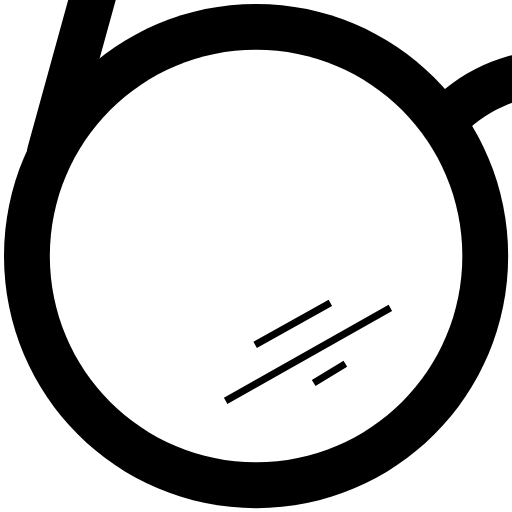Liberal Societies Are Under Siege From Authoritarians And Extreme Capi
 Equally disappointing – but in line with its origins in Rawls’ ideas – Lefebvre at no point asks liberals to reflect on the legitimacy of the repressive powers of the state, the police, national borders or the prison system.
Equally disappointing – but in line with its origins in Rawls’ ideas – Lefebvre at no point asks liberals to reflect on the legitimacy of the repressive powers of the state, the police, national borders or the prison system.Practical people, he suggests, will get to Rawls’ two concepts of justice (equivalent rights and the distinction principle). This exercise will likewise encourage them to take on “a God’s- eye perspective” he writes– and consequently foster the liberal merits of impartiality and autonomy.
The “shroud of ignorance” is planned to filter out any of the intended biases individuals might hold as to their own individual scenarios. It’s not just fanciful to envision an individual can divide thinking concerning justice from their experience, or position in society.
Equally unsatisfactory– but in accordance with its beginnings in Rawls’ concepts– Lefebvre at no factor asks liberals to reflect on the authenticity of the repressive powers of the state, the cops, nationwide boundaries or the jail system. These are all taken for provided, in spite of being main to an individual’s capacity to enjoy the items and merits of a liberal way of living. What’s even more, they have been the topic of extreme discussion about the administration of justice in liberal societies in the last few years.
Take Lefebvre’s use of Rawls’ idea experiment, the Original Position. Defining it as a spiritual workout, he asks people to create the concepts of justice of a liberal democratic society. He asks us to do so under a supposed “shroud of ignorance”, without knowing our identity or standing in this culture.
These standards, she shows, are racially coded. They are constantly invoked to offer authority to white witnesses to crime, suffering and injustice and price cut what she calls the Black Witness, that is presented as “undependable,” “harmful” and “violent”. Objectivity, released by doing this, ends up being a device of settler manifest destiny.
For as well long, he composes, liberals have patted themselves on the back for supporting individual rights, constitutionals rights and democratic administration, and for living, notionally at least, in societies devoted to those concepts.
Another exercise, “reflexive stability”, asks people to reflect on their sights and ideas about whatever– from politics to exactly how to increase a young puppy. It intends to cultivate reasonings that align with a person’s worths.
With beginnings in the European Enlightenment, liberalism is a political approach centred on private legal rights, the policy of legislation and a commitment to free business. Describing it as a spiritual exercise, he asks people to create the concepts of justice of a liberal democratic culture. Similarly disappointing– however in line with its beginnings in Rawls’ ideas– Lefebvre at no point asks liberals to reflect on the authenticity of the repressive powers of the state, the cops, national boundaries or the prison system. These are all taken for approved, regardless of being main to an individual’s ability to enjoy the products and virtues of a liberal way of life. What’s even more, they have been the subject of intense debate about the administration of justice in liberal societies in recent years.
There are a number of issues with self-help as a literary category, nevertheless. One of the most prevalent is that self-help books have a tendency to provide individualised assistance and recommendations, without appropriately taking into consideration the wider architectural concerns that form the problems they are attempting to address. In a book worried about society-wide questions of justice, this is particularly appropriate.
Pierre Hadot, a French theorist specialising in old Greek and Roman thought, said approach should be viewed as more than a collection of abstract ideas regarding the globe. Ideology, for Hadot, entailed a commitment to a certain way of living. It needed a collection of techniques whose content was established by the college of approach to which one subscribed.
Lefebvre provides his book as “self-help for liberals”. At once when numerous have lost faith in liberalism, he intends to reveal the various items and merits that move from a liberal way of life (one of his phases gives us “seventeen factors to be liberal”), and to educate his readers how to live well as liberals.
Thomas Lalevée does not help, seek advice from, very own shares in or obtain funding from any kind of firm or organisation that would certainly benefit from this post, and has revealed no relevant affiliations beyond their academic appointment.
Lefebvre does not, naturally, believe we should omit those that are marginalised from society, or limit their legal rights. His publication advertises a variation of liberalism seemingly interested in justice, and provides ample examples of the means liberal values shape our pop culture.
Combining Rawls and Hadot’s techniques, Lefebvre recommends liberalism itself can be a way of living. It, also, can be cultivated with spiritual workouts. These consist of the popular thought experiment behind Rawls’ political approach, the “Initial Position”, in which one is called on to design the principles of a just and reasonable culture.
The suitable of the rational and autonomous individual is at the heart of the Western thoughtful canon. As critics have actually long mentioned, nonetheless, it is invariably linked to a procedure of exemption, where those considered to lack rationality (females, individuals of colour, the poor) are omitted from the realm of national politics. Consequently, their rights are limited and constricted.
Self-help for liberals, however, promotes the impression that liberals can make unbiased judgements on culture and politics that focus on the person, while strengthening the biases and opportunities that underpin their way of living.
With origins in the European Enlightenment, liberalism is a political viewpoint centred on individual rights, the guideline of law and a commitment to capitalism. Typically connected with the 17th-century English philosopher John Locke, liberalism as we understand it today emerged out of the civil rights battle of the 1960s. It often incorporates a focus on personal freedom with an issue for social justice.
This takes us back to self-help. Individualised advice is undoubtedly useful when attending to problems that can be resolved or attended to at a specific level– whether about wellness, relationships or parenting designs.
But tellingly, it does not centre the voices or experiences of those disadvantaged by race, gender or course in Western cultures. (Unsurprisingly perhaps, among the book’s heroes is a man called Mike who explains the definition of sexual consent to Borat, Sacha Baron Cohen’s alter-ego in the eponymous 2006 movie.).
An effective reminder of the useful consequences of this suitable can be found in Darumbal and South Sea Islander journalist Amy McQuire’s recent publication Black Witness. Revisiting coverage of essential events entailing Aboriginal and Torres Strait Islander individuals over the previous 20 years, McQuire exposes the trouble with journalistic standards of impartiality and objectivity.
Liberalism is at a transforming point. The surge of the far best in Western freedoms has actually tested liberal worths and institutions and, as the UK troubles in August exhibited, sustained fierce extremism on the roads.
As Lefebvre competes in a series of short phases, composed in a warm and convivial design, being a liberal takes work. Without this job, he insists, liberalism will fail, and the hazards to liberal organizations and worths in the West– from authoritarian populism to the devastating inequities of unfettered commercialism– will prevail.
Testing previous techniques, Rawls suggested that justice in liberal societies required both freedom and fairness. This suggested individual rights were equally as essential as making certain society was run as a reasonable system of cooperation.
1 academic appointment2 justice
3 liberal
4 receive funding
5 Thomas Lalevée
« Wimbledon BookFest reaches biggest audience since London festival was foundedBooks in the Media: Hanif Kureishi triumphs across the nationals »
